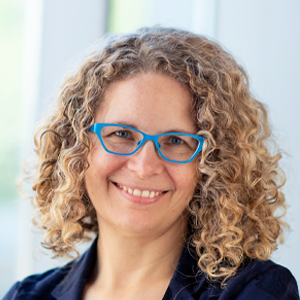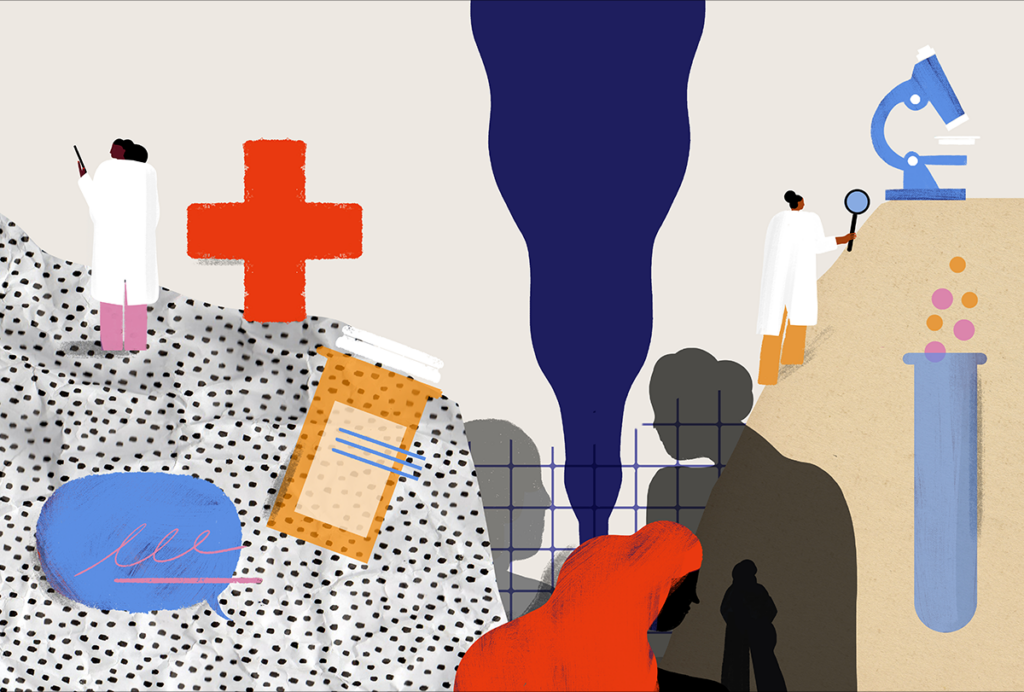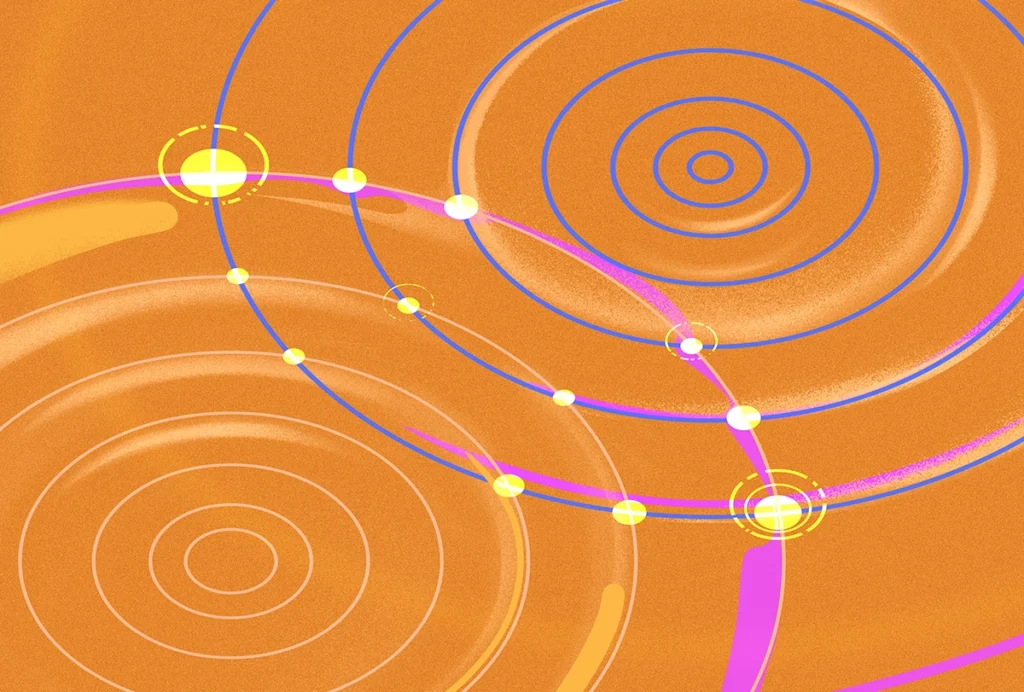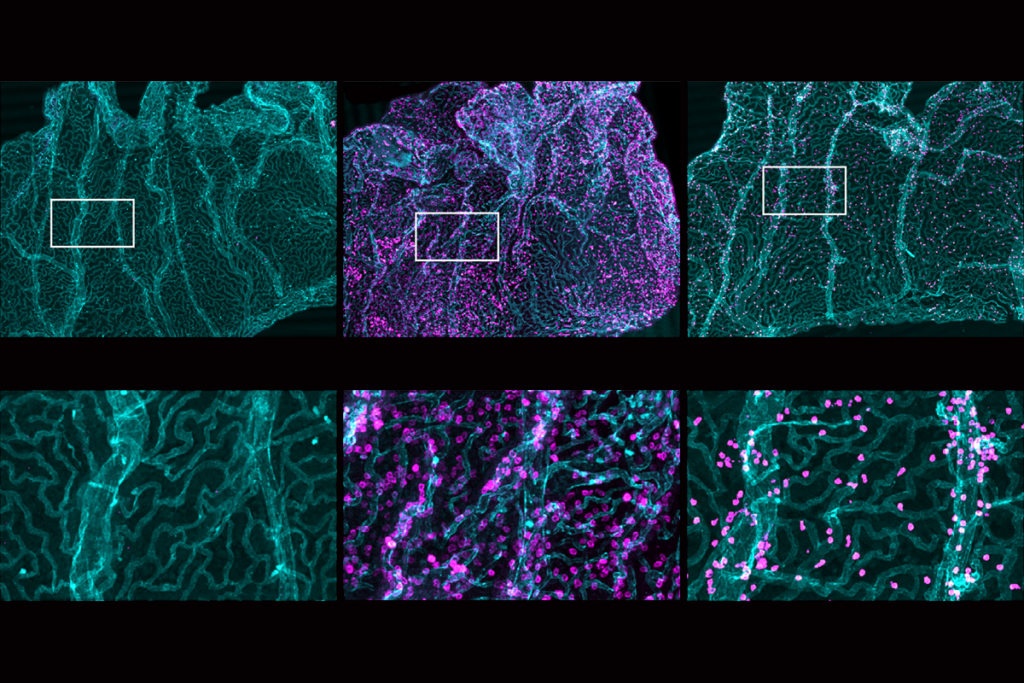Karla Kaun is associate professor of neuroscience at Brown University. She is a behavioral neurogeneticist with more than 20 years of experience investigating the fundamental principles of reward and addiction at the level of genes, molecules, circuits and behavior. She leads a highly collaborative research team that investigates how alcohol and drugs of misuse influence the molecular mechanisms underlying memory formation to induce cravings. By combining behavior with in-vivo imaging, genetics, molecular biology, biochemistry and bioinformatics in Drosophila, Kaun has demonstrated how alcohol influences highly conserved cell-signaling pathways to regulate gene transcription required for memory formation in dopaminergic circuits.
Kaun’s motivation to study addiction and mental health stems from watching the devastating consequences of addiction in at-risk, remote communities in northern Canada. She is passionate about science outreach and communication, an advocate for innovative teaching methods and is the 2023 recipient of the National Association of Biology Teachers’ Genetics Education Award. She was the 2023-24 president of the International Behavioural and Neural Genetics Society, is a member of the scientific advisory board for the Bloomington Drosophila Stock Center and is associate editor of the journal Genetics.



